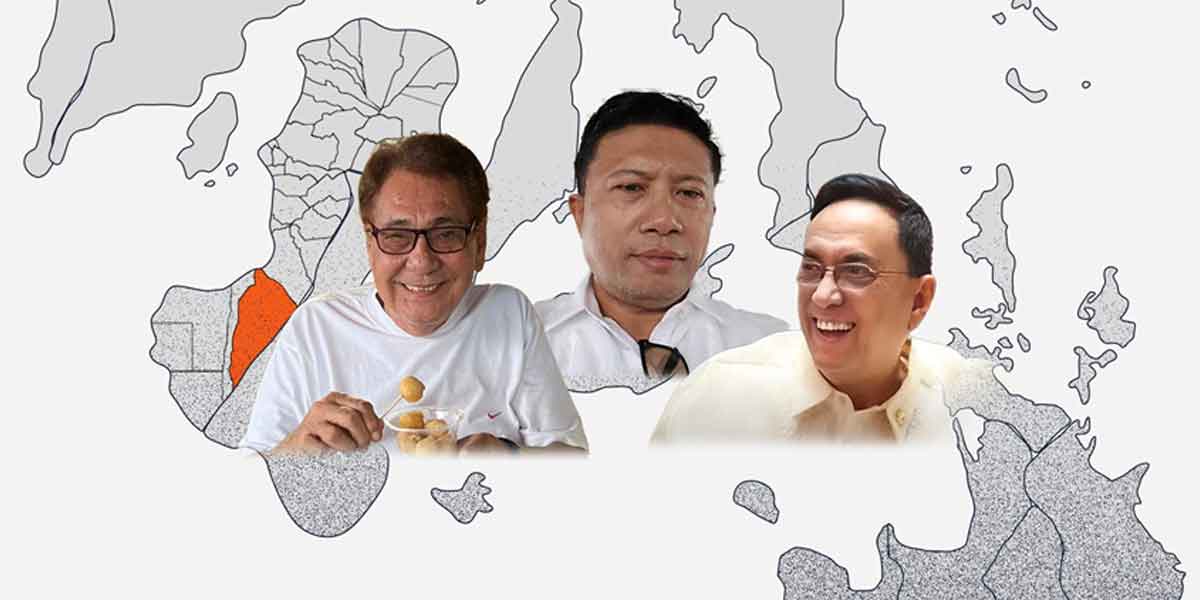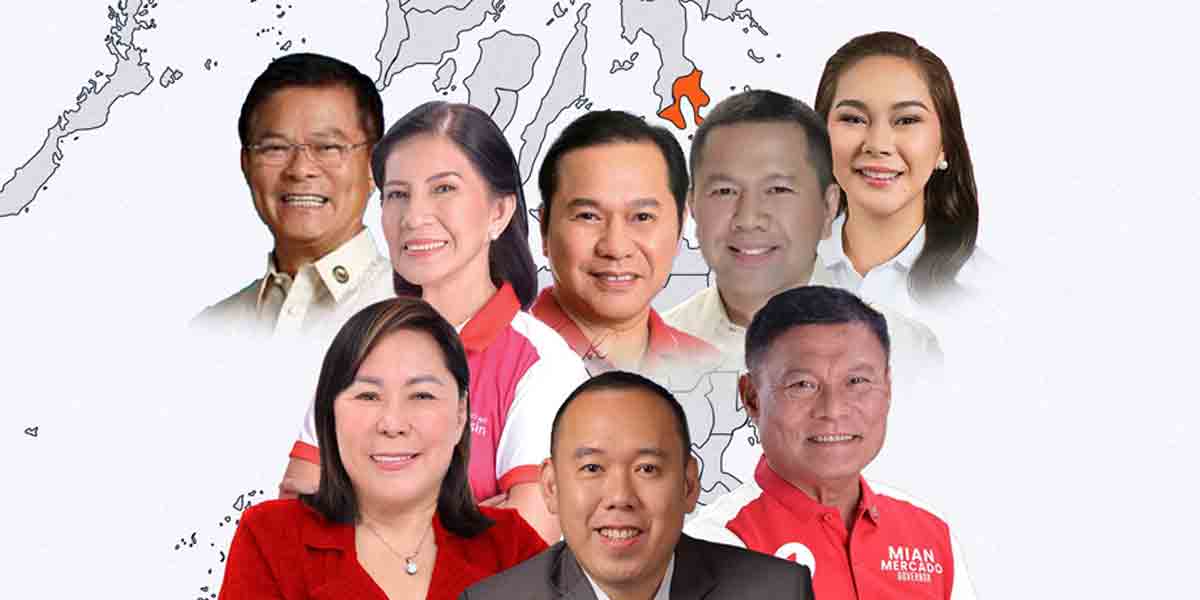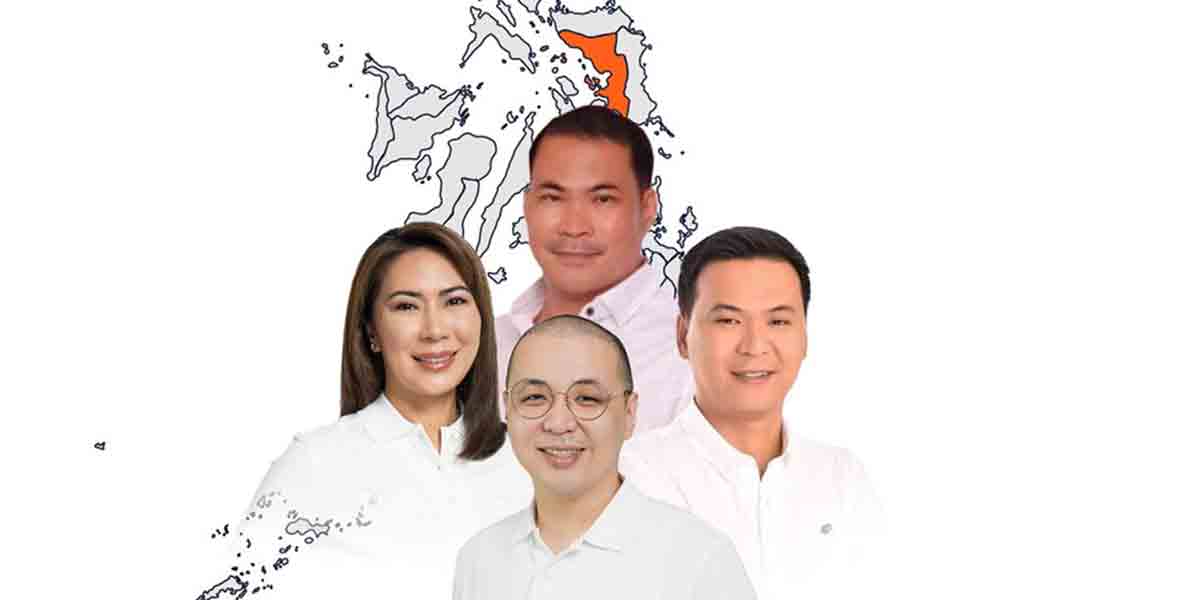LinkedIn, the world’s largest professional network, has launched LinkedIn Opportunity Index 2020.The Index is a composite measure that seeks to understand how people perceive opportunities and the gaps that stand in the way of achieving them. The research surveyed over 30,000 respondents in 22 markets globally, including 1,068 in the Philippines.
The research found that Filipinos’ long-term pursuit of good quality of life is ultimately defined by “good health”. However, at the moment, career and life goals are of greatest importance for them. Specifically, Filipinos are keen on pursuing opportunities that provide them with greater work-life balance, the chance to pursue their passions and quality time with loved ones. But the pursuit of these opportunities is hindered by “opportunity gaps”, or barriers to opportunity like lack of financial resources, fear of failure and age.
Multigenerational workforce presents a new opportunity
Interestingly, age manifests as different opportunity gaps for other age groups. For example, age is a challenge for young people with insufficient work experience (25% of Gen Z), and those who struggle with the lack of confidence (22% of Millennials). The study also noted that globally, younger generations tend to be more positive about accessing and achieving opportunities, compared to older generations. However, in the Philippines, Gen Z are the most uncertain about their prospects. They have cited the environment, education, and health as the issues they are most concerned about.
The research also points out that age becomes a bigger hurdle as one gets older. A higher proportion of Gen X and Boomers cited difficulties in overcoming it, as compared to Gen Z and Millennials.
“For the first time, four generations are working together. It’s time for businesses to set aside hiring biases against age, and embrace the multigenerational workforce as an opportunity,” said Olivier Legrand, Managing Director, LinkedIn in Asia Pacific. “The biggest skills gaps that we see today are soft skills among Gen Z and Millennials, and tech skills among the older generation. We encourage companies to hire for complementary skills and to promote collaboration and bi-directional mentorship among their workforce.”
“This is also a journey that we are working through at LinkedIn because we believe that a multigenerational and diverse workforce is a business advantage and driver of growth,” added Legrand.
Filipinos remain hopeful amid opportunity gaps
Despite the barriers they face, about three-quarters of the Filipinos continue to be positive about achieving opportunities. From a macroeconomic outlook, about 64 per cent of them believe that the country’s economic conditions will be in their favor and get better in the next 12 months. They are also hopeful about their personal finances, with 73 per cent believing they will be in a better financial position in the next 12 months. Similar to last year’s research findings, Filipinos’ entrepreneurial desire continues with almost two in five hoping to start their own business. This stood out for the Philippines, alongside Indonesia and Mexico, compared to the rest of the other global markets.
Overall, the Philippines is the fifth most optimistic country in the world and second most optimistic after Indonesia in Southeast Asia.

LinkedIn commissioned independent market research firm, GfK to conduct this study between September and October 2019. The survey was conducted among 18 to 65 year olds across 22 countries via online interviews. The survey had more than 30,000 respondents:
- North America: Canada, United States
- Latin America: Brazil, Mexico
- Middle East: United Arab Emirates
- Europe: France, Germany, Ireland, Italy, Netherlands, Spain, Sweden, Switzerland, United Kingdom
- Asia Pacific: Australia, China, India, Indonesia, Japan, Malaysia, the Philippines, Singapore
Age groups were classified as:
- Gen Z (18 – 22 years old)
- Millennials (23 – 38 years old)
- Gen X (39 – 54 years old)
- Boomers (55 – 65 years old)
Methodology
LinkedIn Opportunity Index measures a market’s level of confidence with regards to the economy and the pursuit of opportunity and uses “100” as the baseline score. A higher score represents greater optimism from respondents living in a specific country.
The seven factors that contributed to a composite measure of opportunity were the same as LinkedIn Opportunity Index 2018, and are as follows:
Perceptions around socio-economic and lifestyle factors
- Outlook on economy over the next 12 months
- Outlook on respondents’ financial situation over the next 12 months
- Quality of life specifically happiness
- Quality of life compared to previous generation/parents
Perceptions around opportunity:
- Availability of in-market opportunities
- Assessment on accessibility of opportunity over the next 12 months
- Confidence in achieving success
This survey was fielded from September to October 2019 and represents the world-view of survey respondents at that time.






















